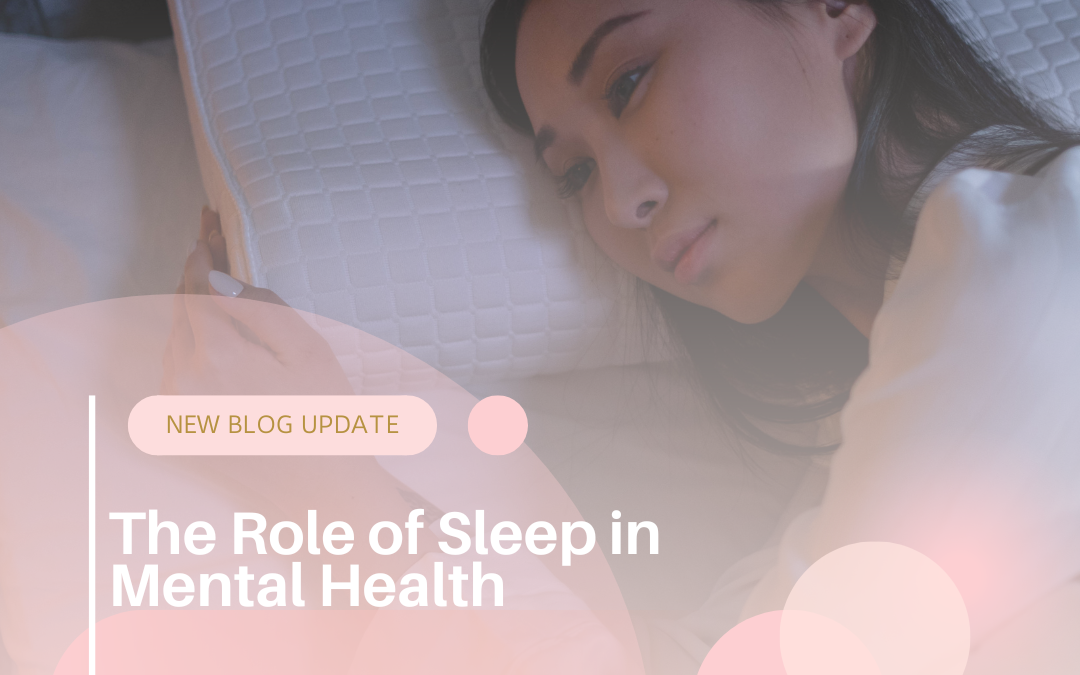Sleep is often referred to as the foundation of good health, yet it is frequently overlooked when discussing mental well-being. The quality and quantity of sleep play a crucial role in emotional regulation, cognitive function, and overall psychological health. When sleep is disrupted, it can significantly contribute to conditions such as anxiety and depression, creating a vicious cycle that can be difficult to break.
The Connection Between Sleep and Mental Health
The relationship between sleep and mental health is bidirectional. Poor sleep can contribute to the onset or worsening of mental health conditions, while anxiety and depression can make it more challenging to get quality rest. Research shows that individuals with insomnia are at a higher risk of developing mood disorders, and those with existing mental health conditions often report sleep disturbances.
How Poor Sleep Contributes to Anxiety
-
Increased Stress Response: Lack of sleep heightens the body’s stress response, leading to an overactive nervous system. This can cause excessive worry, restlessness, and an inability to relax.
-
Impaired Emotional Regulation: Sleep deprivation affects the brain’s ability to regulate emotions, making individuals more prone to irritability, mood swings, and heightened anxiety.
-
Excessive Worrying: Poor sleep increases negative thought patterns, often exacerbating feelings of fear and apprehension, common in anxiety disorders.
-
Physical Symptoms: Fatigue, muscle tension, and headaches due to lack of sleep can mimic or intensify anxiety symptoms, making it harder to differentiate between physical and psychological distress.
How Poor Sleep Contributes to Depression
-
Disrupts Neurotransmitter Balance: Sleep helps regulate serotonin and dopamine, two neurotransmitters essential for mood stability. A lack of sleep can lead to imbalances that contribute to depressive symptoms.
-
Reduced Energy Levels: Sleep deprivation often leads to persistent fatigue, making it difficult to engage in activities that promote well-being, such as exercise or socializing.
-
Negative Thinking Patterns: Sleep disruption can cause cognitive distortions, leading to increased feelings of hopelessness and low self-worth.
-
Increased Risk of Suicidal Thoughts: Studies indicate that individuals with chronic sleep problems have a higher risk of experiencing suicidal ideation due to increased emotional distress.
Improving Sleep for Better Mental Health
Since sleep and mental health are closely linked, improving sleep hygiene can lead to significant improvements in emotional well-being. Here are some strategies to enhance sleep quality:
-
Establish a Consistent Sleep Schedule: Go to bed and wake up at the same time each day, even on weekends, to regulate your body’s internal clock.
-
Create a Relaxing Bedtime Routine: Engage in calming activities before bed, such as reading, deep breathing, or taking a warm bath.
-
Limit Screen Time Before Bed: The blue light emitted from screens can interfere with melatonin production, making it harder to fall asleep.
-
Avoid Stimulants and Heavy Meals Before Bed: Reduce caffeine, nicotine, and alcohol intake in the evening and avoid eating large meals close to bedtime.
-
Exercise Regularly: Physical activity can help regulate sleep patterns, but it’s best to avoid intense workouts right before bed.
-
Seek Professional Support: If sleep disturbances persist, working with a therapist or sleep specialist can help address underlying mental health conditions and provide personalized strategies for better rest.
Conclusion
Sleep is not just a passive state of rest—it is an essential process for emotional and psychological stability. Poor sleep can significantly contribute to anxiety and depression, but by prioritizing healthy sleep habits, individuals can improve their mental well-being. If sleep issues persist despite lifestyle changes, seeking professional support is crucial to breaking the cycle of sleep deprivation and mental health challenges. By valuing and prioritizing sleep, we take a significant step toward better mental health and overall quality of life.


Recent Comments